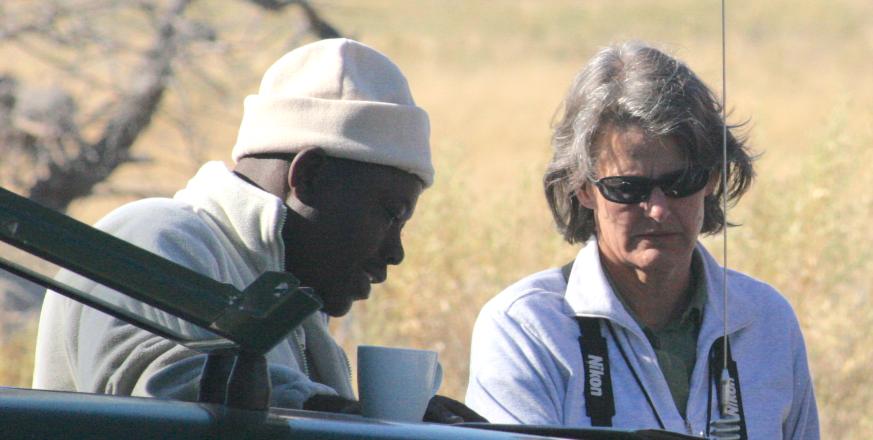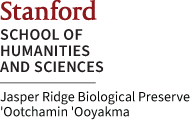JRBP Faculty Director Liz Hadly Awarded HHMI Professorship to Enhance STEM Education Through Field Experiences

Elizabeth Hadly has been honored with a Howard Hughes Medical Institute Professorship to explore new approaches to science education. The award recognizes excellence in research and education, and comes with $1,000,000 to innovate in STEM education. Her goal is to reshape how undergraduates learn at Stanford, through pushing them to think broadly and across disciplines and to learn from each other as they experience field work together—as she puts it, to provide opportunities for them to have “extraordinary experiences in extraordinary places.” Stanford’s Jasper Ridge Biological Preserve will be one of those places; others include field stations in developing parts of the world such as Africa. “We hope to eventually get [students] more immersed in another culture, where we don’t just provide information to that culture, but the culture provides information to us,” she said. “My overarching goal for the whole student body is that they’ll understand and appreciate, in a deep way, why a diversity of topics, people, thought leaders, cultures, and skill sets are basically the way that we have to approach the future of the planet.”
Hadly is one of 14 leading scientists nationwide and one of two at Stanford to be so honored this year. The other Stanford professor is Nobel Laureate Carl Weiman. Additional information is available from the HHMI announcement and the Stanford News.
Photo caption: Hadly plans to immerse students in field work both locally at Jasper Ridge Biological Preserve and internationally to enhance STEM education. Here she discusses the day's itinerary with an African naturalist and guide on a recent Stanford Travel-Study trip she led to Kenya.



